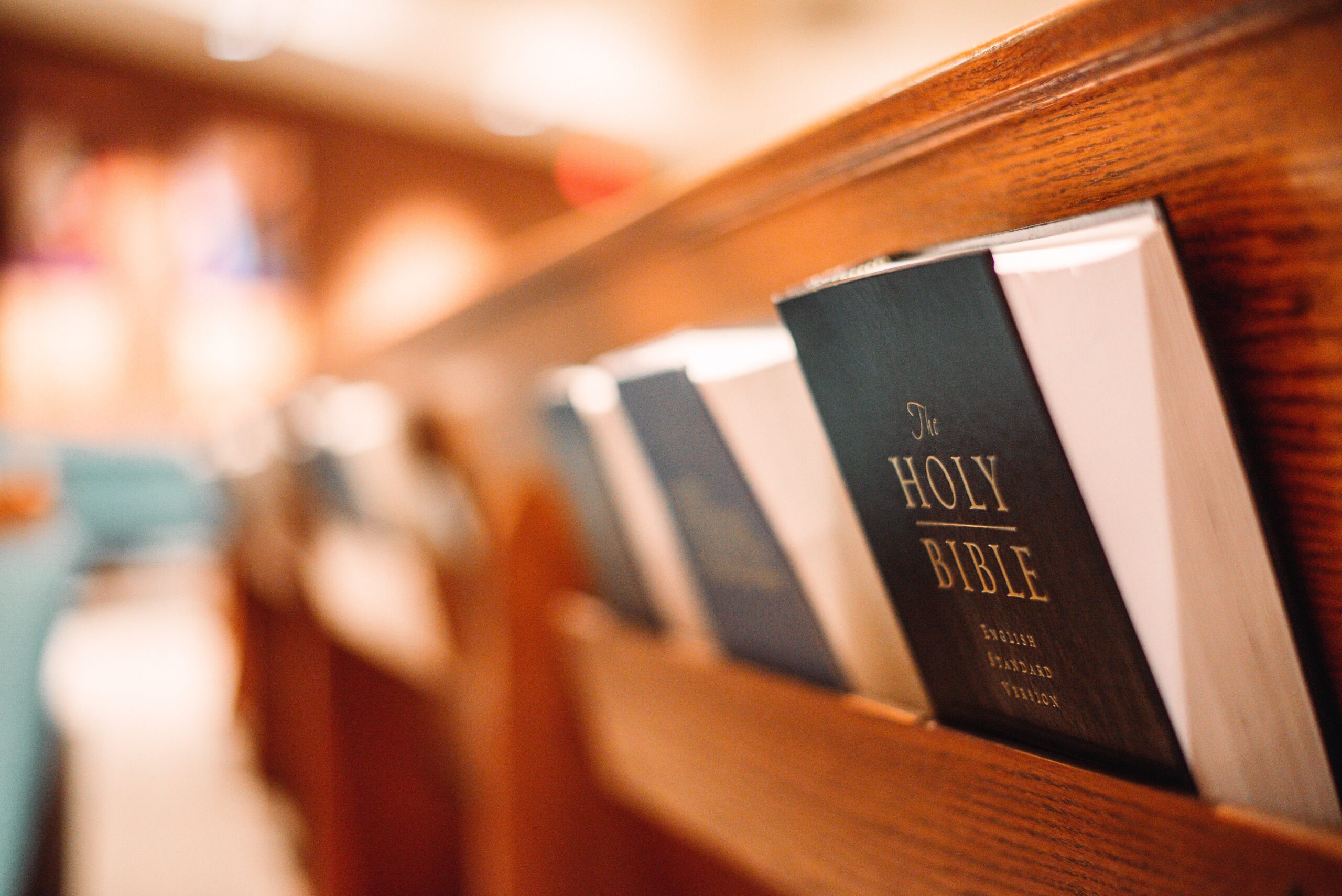God is Our Helper in Suffering
My Help Comes from the Lord A Song of Ascents. Psalm 121 1 I lift up my eyes to the hills. From where does my help come? 2 My help comes from the Lord, who made heaven and earth. 3 He will not let your foot be moved; he who keeps you will not slumber. 4 Behold, he who keeps Israel will neither slumber nor sleep. 5 The Lord is your keeper; the Lord is your shade on your right hand. 6 The sun shall not strike you by day, nor the moon by night. 7 The Lord will keep you from all evil; he will keep your life. 8 The Lord will keep your going out and your coming in from this time forth and forevermore. A few weeks ago, my family and I joyfully approached the end of my husband’s nine-week assignment away from us. He was set to fly home from a base near Montgomery, Alabama, but as the day approached, we realized that Hurricane Helene was the last obstacle between us. As we watched the weather coverage, we recalled our own experience of Hurricane Ian when it came ashore in south Florida. As we remembered visiting our neighbors' soggy homes and apartments, washing their laundry, and sorting through their belongings hoping to find a starting place to rebuild, we now prayed for many friends whose lives would be impacted by another great storm. Encouragement from Psalm 121 Psalm 121, a song of ascents, played in the background of my thoughts as I texted and messaged our PCA family. These fifteen psalms are a familiar text that I use to ponder our pilgrim life lived in community. But these last difficult days, this psalm has been a prayer for our sisters, scattered throughout Florida and the southeast. The psalmist knew his vulnerability as he scrambled up the hillside toward Jerusalem. He was not alone, but still, the pilgrims who ascended this trail were susceptible to falling, scorching sun in the day, bandits, flash floods, wild animals, dehydration, and sheer exhaustion. Without a GPS, map, or compass, there may have been moments on the path when one would wonder if they had lost the way. Something about this climb made the pilgrims’ vulnerability more obvious...










